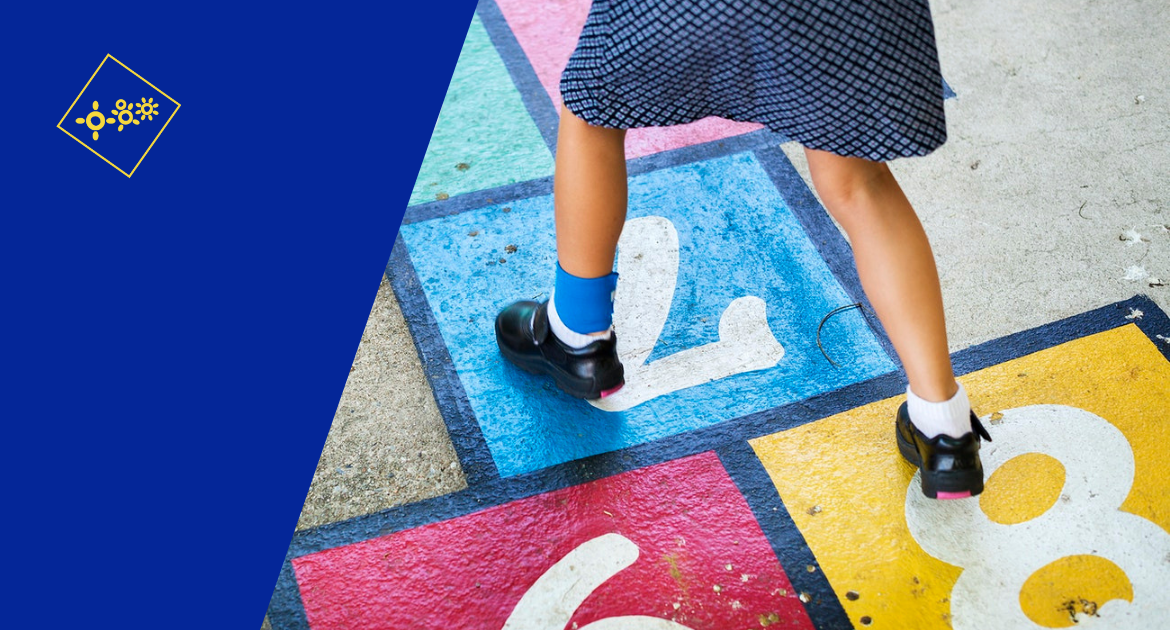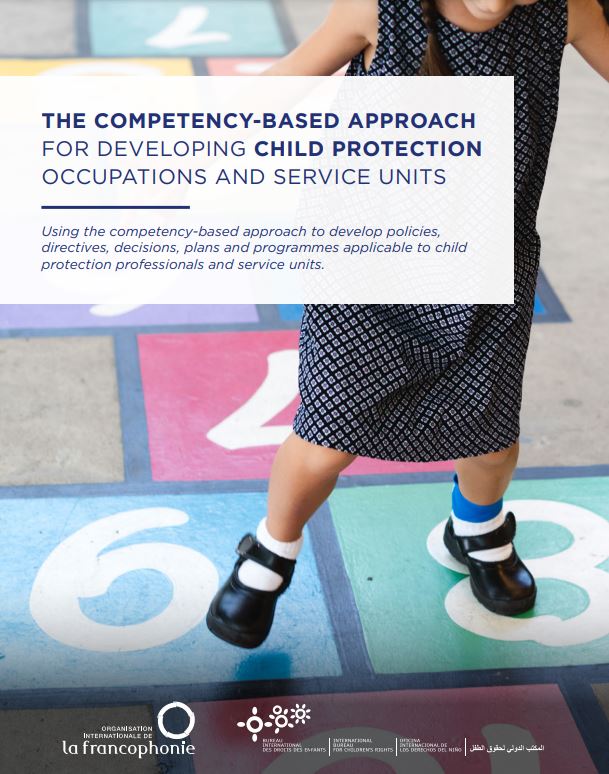
The challenge in child protection is how to ensure that every professional, every service, every department that is supposed to protect children does so effectively and with respect for their rights. For many years, the International Bureau for Children’s Rights has been promoting a competency-based approach to this challenge.
Around the world, ministries, organisations, directorates and teams are seeking to optimise the way they do things in order to be more effective within the constraints (financial, political, etc.) to which they are subject. In child protection services, the same optimisation is desired to ensure that every child’s rights are respected when they come into contact with those who are supposed to protect them. Using the competency-based approach as promoted by the Bureau (see below) is key to achieving this goal and to enabling the professionalisation of contacts with children.
Last October, the IBCR organised a global consultation* to discuss the integration of this approach in the organisation of child protection services. Numerous rich exchanges made it possible to identify the different uses of the competency-based approach, as well as the factors to be taken into account in order to integrate it effectively and sustainably.
This consultation led to the creation of a guide aimed at enabling any organisation, management, department or team to review its internal organisation, from the recruitment of its staff to its budget, its ways of doing things and its continuous training based on the competence approach.
This guide is now freely available to anyone who wishes to use it in English, French and Spanish.

*Consultation conducted in collaboration with the International Organisation of the Francophonie.
The competency-based approach
For more than 10 years, the International Bureau for Children’s Rights has been working to strengthen services for children worldwide. This commitment has resulted in the development of child protection core competencies for defence and security forces (2011), the social sector (2017), the justice sector (2019) and staff working with children deprived of their liberty (2020), which are the result of collaborative work between many actors in these sectors, initiated by the IBCR, and in partnership with the Organisation internationale de la Francophonie.






